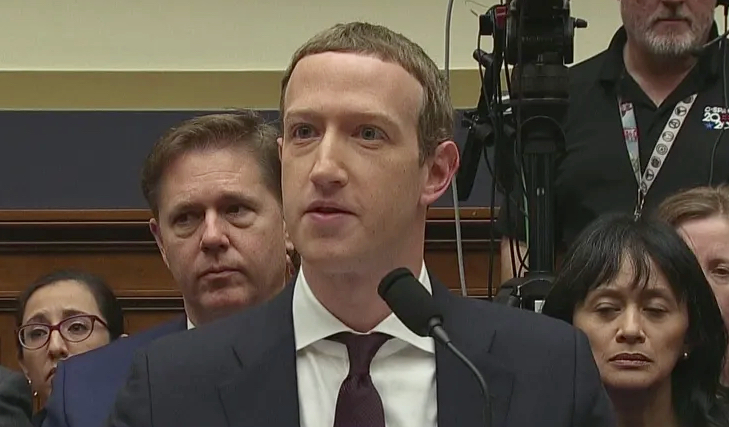Should private organizations fund election administration?
Bill Banning Zuck Bucks Passes but Gets Vetoed
The General Assembly said “no” last year when it passed Senate Bill 725, a bill banning so-called “Zuck bucks.” In my testimony in favor of the bill, I noted the evidence of the partisan intent and partisan effect of that funding:
Partisan intent: Much of the private election funding in the 2020 election came from the Center for Tech and Civic Life (CTCL), an advocacy group founded by former employees of the New Organizing Institute, a group that trained digital organizers for Democratic and progressive groups. The Washington Post described the New Organizing Institute as the “Democratic Party’s Hogwarts for digital wizardry.” CTCL received hundreds of millions of dollars from Mark Zuckerberg and his wife, Priscilla Chan, for the 2020 election.
Partisan effect: While CTCL gave to both Democratic-leaning and Republican-leaning counties in North Carolina, the 33 counties that CTCL gave funds backed Democrat Cal Cunningham 52.7% to 47.3%, while the other 67 counties, which were not provided funds, supported Republican Thom Tillis 53.6% to 46.4%. Regardless of whether the partisan bias in CTCL funding during the 2020 election in North Carolina was intentional, it existed.
Given the partisan effects of that private election funding, Gov. Roy Cooper naturally vetoed the bill.
Seeking a Compromise on Zuck Bucks
Since then there have been a couple of attempts at compromise legislation that would allow private donors to provide money for election administration but deny them control over which county election boards receive the money.
The first compromise bill was offered by Sen. Don Davis (D–Greene, Pitt) last year. That bill would have created an “emergency election fund” that private funders could put in money. The bill would have also created a “North Carolina Emergency Election Authority,” a board tasked with voting on how to distribute funds.
That bill had several problems. The board would have been dominated by appointees from the governor and would have had total discretion on how funds were distributed. It would have replaced discretionary election administration funding by private donors with discretionary election administration funding by a partisan board.
The bill never made it out of committee.
A new compromise bill was introduced to the General Assembly this week. House Bill 1160 is sponsored by representatives George G. Cleveland (R-Onslow), Steve Tyson (R-Craven), Mike Clampitt (R-Haywood, Jackson, Swain), and Jeffrey C. McNeely (R-Iredell).
If Davis’ bill was marred by its complexity and partisan discretion, another Zuck bucks compromise bill is noteworthy for its simplicity and nondiscretionary funding formula. The one-page bill has three components:
- Only the State Board of Elections (SBE) may accept private election administration donations.
- At the start of each fiscal year, the SBE shall evenly distribute those donations to each of the 100 county election boards.
- The county boards shall spend the funds on “upgrading voting systems and equipment”
Nondiscretionary Funding a “Poison Pill?”
The bill is sound but could be improved. It makes little sense for large counties like Cumberland (206,521 registered voters) to receive the same funding as small counties like Dare (31,318 registered voters). Some formula that includes baseline per-county funding with an element of funding based on population would be more adequate.
However, the bigger obstacle to getting this bill passed and signed by Gov. Cooper may be the removal of discretionary private funding. Discretionary private election administration funding benefited Democrats in 2020 and any attempt to more fairly distribute those funds will be likely resisted by Gov. Cooper and his allies.
Likewise, leftist groups would balk at providing private election administration funding without any control over where those funds go. Despite any claims that private election administration funding is about closing a gap created by a lack of government spending on elections, control of the money is their real concern.
House Bill 1160 is the start of a solid election administration funding reform bill, but it is unlikely to become law this year.

